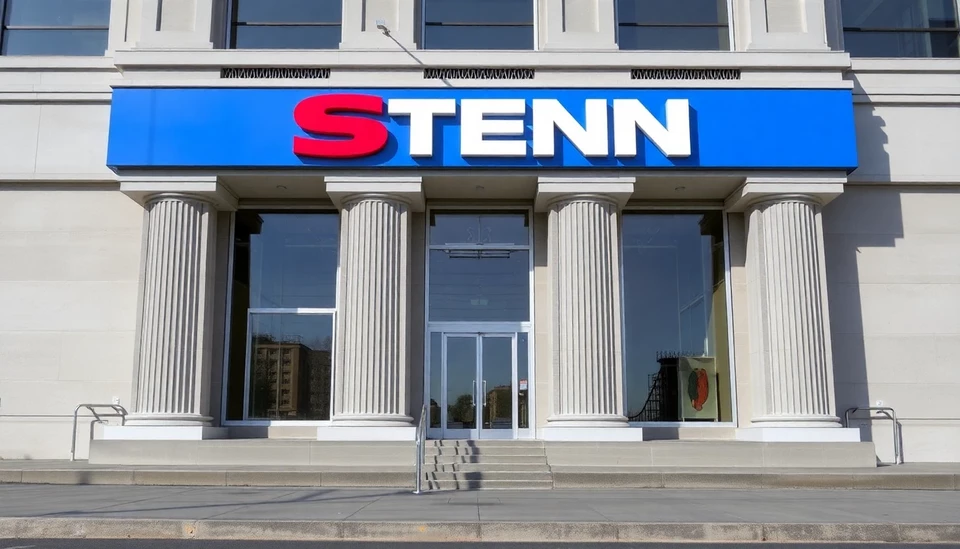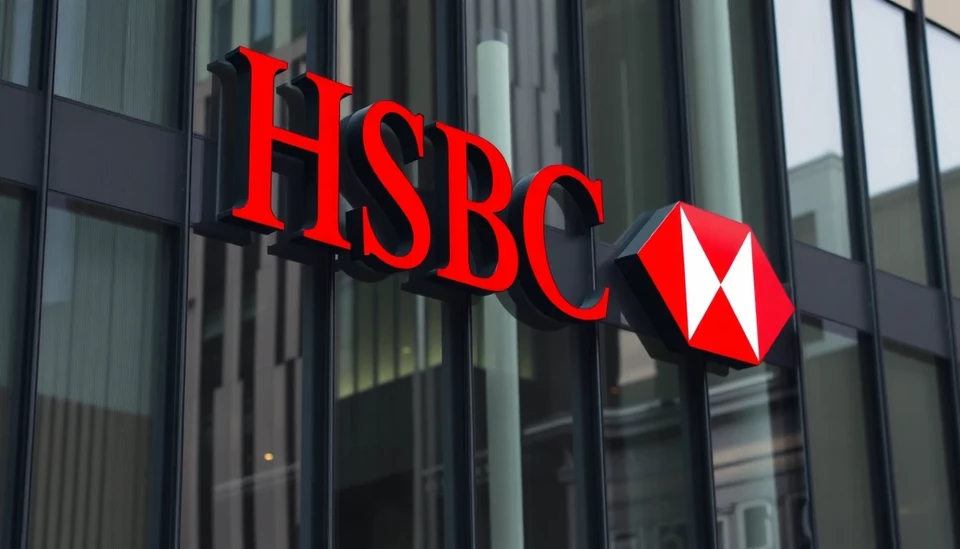
In a dramatic turn of events within the fintech sector, Stenn, a prominent player in the international trade finance arena, has collapsed, revealing significant oversights from major financial institutions such as Citigroup and BNP Paribas. This downfall raises critical questions about the tech industry's ability to navigate emerging risks and the due diligence practices within traditional banking systems.
Stenn was initially celebrated for its innovative approach to trade finance, enabling businesses to access funds against invoices swiftly and efficiently. The company leveraged technology to streamline processes and reduce financial friction for companies in various sectors. However, beneath the surface of its rapid growth lurked numerous warning signs that went unheeded by its banking partners.
One of the key issues identified in the aftermath of Stenn's collapse was the lack of robust risk management procedures. Both Citigroup and BNP Paribas reportedly failed to recognize the red flags that signaled potential trouble ahead. Analysts suggest that these institutions remained enamored by the promise of fintech innovations and neglected to conduct thorough assessments of Stenn's operational stability.
The crisis unraveled in early 2025 when Stenn abruptly halted operations, leading to an immediate fallout that affected numerous small and medium-sized enterprises relying on its services. This unexpected shutdown not only stranded customers who depended on timely financing but also raised alarms in the financial community regarding the systemic risks posed by unregulated tech firms in the financial sector.
The consequences of Stenn's downfall extend far beyond operational loss; it has also led to significant financial losses for the institutions that invested in the company. Citigroup and BNP Paribas now find themselves grappling with reputational damage, as they face scrutiny not only from regulators but also from their customers and investors who expected them to safeguard against such risks.
Industry experts argue that the Stenn debacle highlights a crucial gap in understanding the intersection of technology and finance. Traditional banking institutions, with their deep-seated methodologies, must evolve to keep pace with fintech innovations. Failure to do so could not only jeopardize their own stability but also shake the fundamentals of global financial systems.
In the wake of this collapse, there have been calls for better regulatory measures and oversight of fintech organizations to ensure that risk management practices are employed consistently. Stakeholders are now emphasizing the need for a framework that allows for the integration of smart technology-driven solutions while also safeguarding against potential pitfalls caused by inadequate scrutiny.
As the financial world digests the implications of Stenn's failure, there remains a profound lesson for banks and fintech alike: an innovative product does not guarantee sound financial grounding. Moving forward, it is essential that players in both spheres collaborate more closely to foster a culture of accountability, transparency, and robust risk management.
In conclusion, the downfall of Stenn serves as a stark reminder of the challenges that arise at the intersection of innovation and traditional finance. The importance of vigilance, proactive risk assessment, and adaptation in a rapidly evolving marketplace cannot be overstated. As industry leaders reflect on this incident, they must understand that the future of finance will depend on the balance between embracing technological advancements and ensuring financial integrity.
#Stenn #Fintech #Citigroup #BNPParibas #BankingInnovation #RiskManagement #FinancialCrisis #TradeFinance
Author: Samuel Brooks




